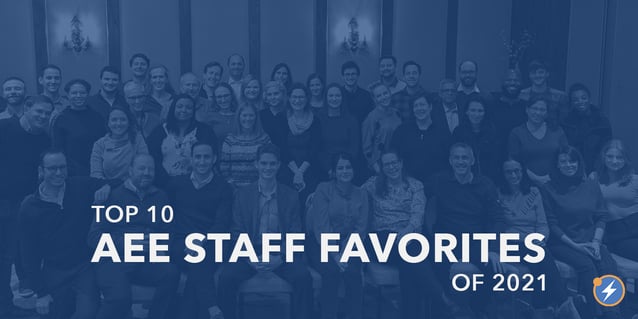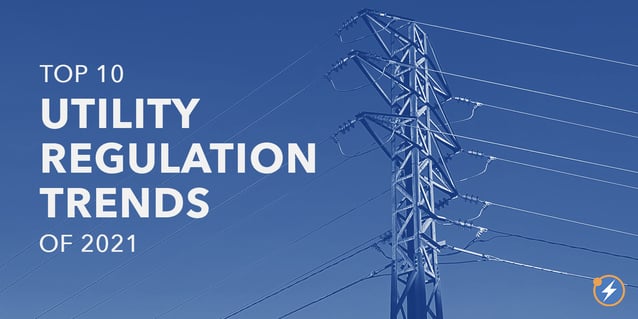
Topics: State Policy, Regulatory, Advanced Transportation, Federal Priorities
ISO New England is Facing MOPR, Market & Transmission, and Governance Reform. What’s at Stake for Advanced Energy? Lots
/ISO-NE%20blog%20post%20image.png?width=750&name=ISO-NE%20blog%20post%20image.png)
With so much of the advanced energy industry’s focus on issues before FERC directed at the expanded Minimum Offer Price Rule (MOPR) in PJM over the past few years, there has been relatively little attention placed on similar tension brewing in ISO New England (ISO-NE). But that tension was on full display at a FERC technical conference earlier this summer, and in comments filed in July. The list of big-ticket items up for debate in ISO-NE is long: reforming ISO-NE’s version of the MOPR, revising how capacity value is determined, pursuing long-term market reform and transmission planning reform, developing a plan for Order No. 2222 compliance, and exploring potential governance reforms are all top of mind for ISO-NE, the New England states, and stakeholders. For those who haven’t been following along at home, there’s a lot to catch up on, and the stakes are high: New England is poised to model what an RTO should look like in a 100% advanced energy future, but the decisions made in the next few years will determine whether that vision is realized.
Topics: Regulatory, Wholesale Markets
In Michigan, DTE Settlement Gives Customers Better Green Pricing Options
/MI%20Green%20Pricing.png?width=750&name=MI%20Green%20Pricing.png)
This post originally appeared in the Michigan EIBC blog.
This year has seen some of the most significant moves yet to realize cleaner energy in Michigan. Now, customers of Michigan’s largest utility, DTE Energy, will find it easier to “go green” due to a settlement between DTE and groups including the Michigan Energy Innovation Business Council (Michigan EIBC) and Advanced Energy Economy (AEE). The settlement improves DTE’s voluntary green pricing program — in which companies from GM to the Detroit Zoo, as well as residential customers, can subscribe directly to wind and solar projects — by making it more affordable and more competitive.
Topics: Utility, Regulatory
/Top%2010%20Regulation%202021%20So%20Far.png?width=750&name=Top%2010%20Regulation%202021%20So%20Far.png)
Although 2021 is only halfway through, state utility regulators and regional grid operators have had their hands full considering issues at the cutting edge of the energy transition. How can utilities develop resource plans that align with state policy goals? How do all those mobile batteries in the growing fleet of electric vehicles (EVs) get integrated with the grid? How can customers be helped to make smarter energy decisions? These questions and more are on the docket in 2021, and Advanced Energy Economy has been tracking how regulators are tackling these complex issues. Even just halfway in, the regulatory trends from across the country suggest that 2021 will be another transformational year for advanced energy.
Topics: PUCs, Utility, Regulatory, Wholesale Markets
